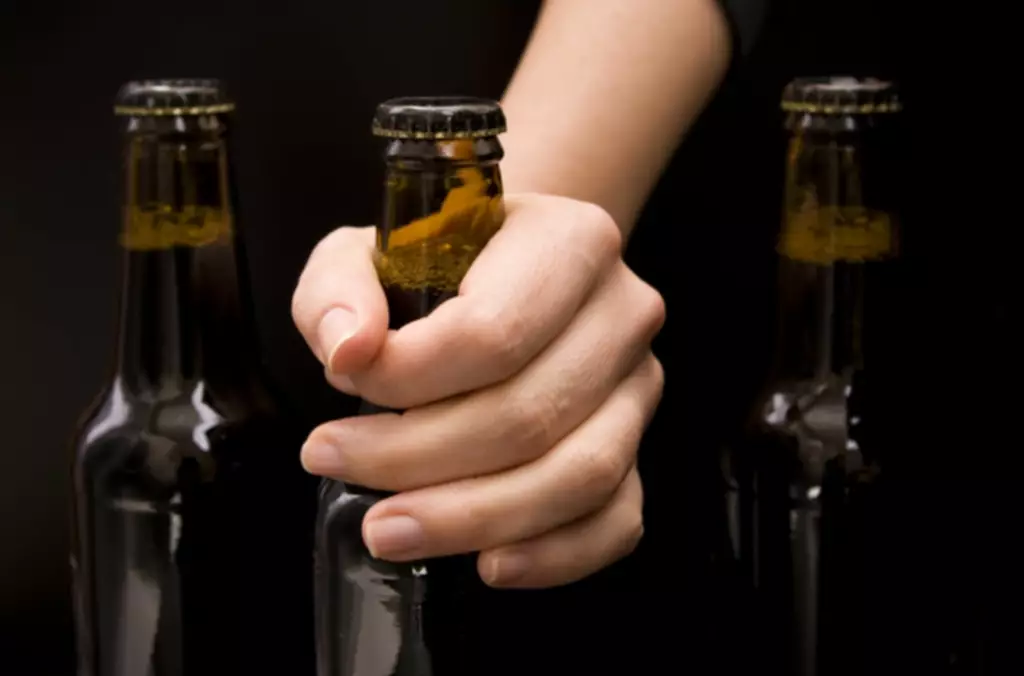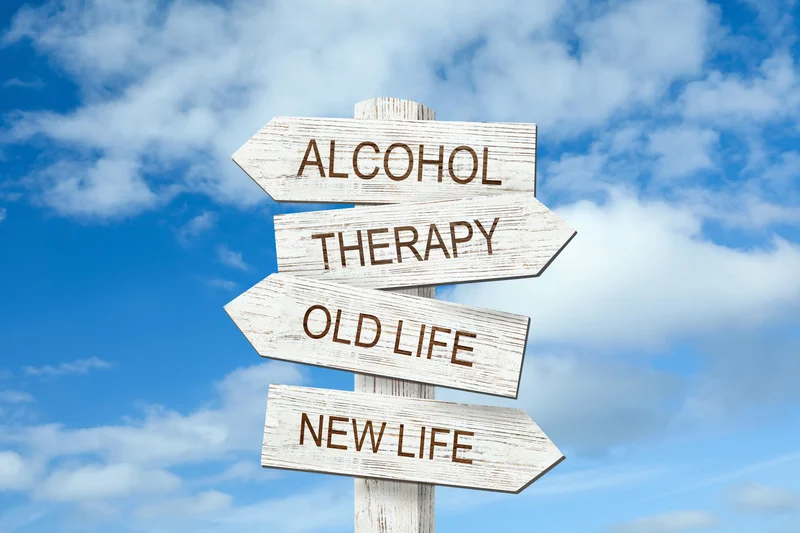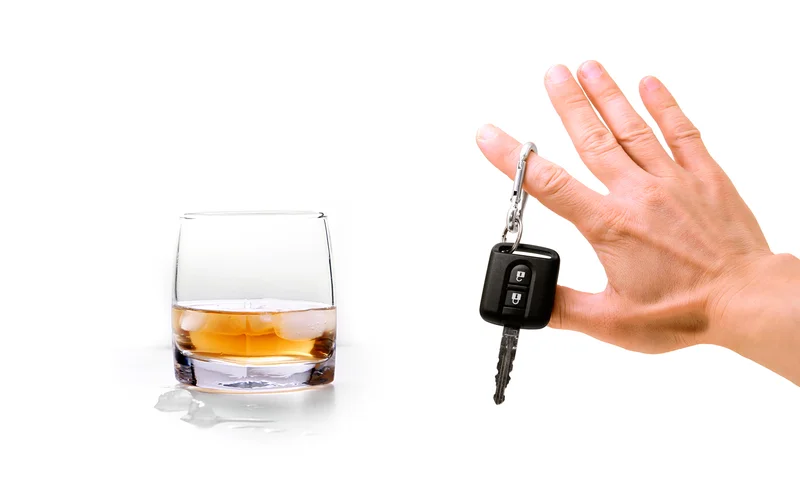Sober living
How Does Alcohol Affect the Kidneys? Spotting the Signs and Symptoms of Kidney Damage

To mitigate the effects of alcohol-induced dehydration on kidney function, it is important to consume alcohol in moderation and ensure adequate hydration by drinking water or non-alcoholic beverages. Additionally, it is advisable to consult with a healthcare professional, especially if there are pre-existing kidney issues or concerns. Alcohol consumption can have a significant impact on kidney function, particularly in relation to dehydration.
- Kyle brings to Arkview a holistic approach to recovery, specializing in mindfulness, reality therapy, and solution-focused therapy.
- Studies have shown that alcohol can cause dehydration by increasing urine production and suppressing the release of an antidiuretic hormone called vasopressin.
- Once kidney damage has occurred, the damage cannot be reversed.
- However, various factors like the amount consumed, the duration, and individual response to alcohol can influence the effects.
Can a damaged kidney recover?
- Additionally, urinating often is another effect of alcohol on kidneys.
- This leads to dehydration, especially with extreme alcohol use.
- The cells in the kidney tubules get hit hard, feeling stress and getting inflamed.
- This is due to the minerals and other wastes in our body having more water to be able to be processed.
- But, if you’re an otherwise healthy person, your body can typically recover from acute kidney failure with the appropriate medical attention.
- It’s essential to seek medical attention for persistent urinary issues.
Although not a specific medical term, it encompasses any kidney damage or disease resulting from alcohol use, including conditions such as chronic kidney disease and acute kidney injury. Chronic alcohol consumption can result in clinical evidence https://ecosoberhouse.com/ of dehydration and disturbances in electrolyte concentrations. It can lead to conditions such as hyponatremia (low sodium levels) and hypernatremia (high sodium levels). The increased urine output caused by alcohol’s diuretic effect can contribute to fluid loss, potentially leading to dehydration if adequate fluids are not replenished. Dehydration negatively affects kidney function by reducing blood flow to the kidneys and impairing their ability to effectively filter waste products from the bloodstream.
Considerations for Alcohol Consumption and Kidney Health
Excessive alcohol consumption has been linked to an increased risk of developing chronic kidney disease (CKD), a long-term condition characterized by a gradual loss of kidney function. The likelihood is greater for individuals who already have other risk factors for the disease, such as high blood pressure or diabetes. Smokers who are heavy drinkers have about five times more chance of developing CKD than people who don’t smoke or drink alcohol to excess.

How Much Does Drug Rehab Cost Without Insurance

Although indirectly, alcohol what are the first signs of kidney damage from alcohol? can cause a urinary tract infection (UTI). At Dove Recovery, we are here to help you through your sobriety journey and support your health goals. If quitting alcohol is difficult but essential for your health, we are here to help. We take a compassionate approach to treatment and ensure medical stabilization along the way. Alcohol makes you pee more, which can lead to dehydration and mess with electrolyte levels.
Managing Blood Sugar and Chronic Kidney Disease
While moderate drinking may not lead to serious kidney damage in most individuals, it is important to remember that no amount of alcohol is truly safe for the kidneys. Excessive drinking, especially binge drinking or chronic alcohol use, puts a great deal of strain on the kidneys and increases the risk of serious health problems. If you drink consistently, it’s inevitable that, over time, drinking will begin to impact your kidney’s functioning. Since even moderate drinking shows immediate physical alcohol rehab and functional changes to these precious organs, it’s advised to keep drinking to a minimum.
How Alcohol Affects Your Kidneys
It is important to consult with a healthcare professional, especially if you have pre-existing kidney conditions or concerns about your kidney health. They can provide personalized advice and guidance based on your specific circumstances, taking into account any potential interactions with medications or treatment plans. It is essential for individuals with kidney conditions to consult their healthcare providers regarding the potential interactions between alcohol and their prescribed medications. Open communication with medical professionals can help ensure safe and effective treatment. Alcohol has the ability to disrupt the delicate balance of fluids and electrolytes in the body. Studies have shown that alcohol can cause dehydration by increasing urine production and suppressing the release of an antidiuretic hormone called vasopressin.
Our rehabs work with all major insurance providers

If your disease has advanced to an extreme point, and your kidneys have ceased their functioning, you may need to undergo regular kidney dialysis treatments. However, if caught in time, your doctor may prescribe medications and a change in your diet. When you begin to experience kidney related symptoms that result from drinking, you should immediately consult a doctor. The kidneys are vital organs and it’s extremely important to maintain them at optimal functioning. One of the first signs that alcohol is impacting your kidneys is pain and tenderness around the kidneys. The first negative impact of alcohol on your kidneys is its tendency to cause a fluid imbalance.

It’s vital to limit alcohol intake to minimize the risk of developing high blood pressure and subsequent kidney complications. Excessive alcohol consumption can have detrimental effects on kidney health. Two specific areas of concern are the link between alcohol and high blood pressure, as well as alcohol’s impact on protein levels in the urine. Alcohol consumption can have a significant impact on kidney function.
Polycystic Kidney Disease (PKD)
- Frequently, such kidney dysfunction results from liver problems related to alcohol.
- Alcohol causes an initial dip in blood pressure that quickly elevates, leading to high blood pressure for several hours after drinking.
- The extra stress can continue to increase over time and cause the kidney to deteriorate.
- For example, alcohol reduces the amount of potassium excreted by the kidneys, which can result in low blood levels of this essential mineral.
- Moreover, some people also like to mix their alcohol with sweeteners or juices, which further irregulates their blood sugars.
- Additionally, dehydration can lead to imbalances in electrolyte levels, which are essential for proper kidney function.
Acute kidney injury is a type of kidney failure that lasts only a few weeks. While a short-term problem, it is often very serious and can even be life-threatening in some situations. It can also turn into chronic kidney disease and have life-long effects.
